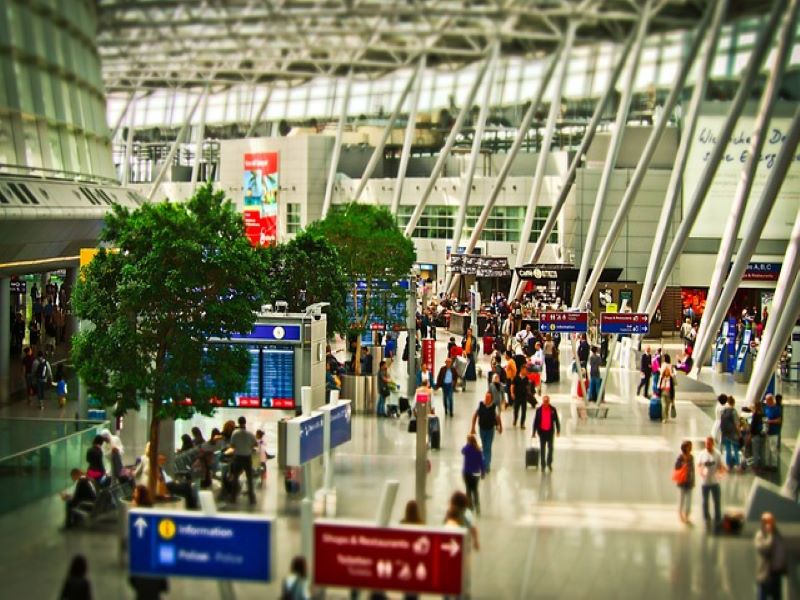
Airports in the UK are reportedly planning to repeal legislation banning passengers from carrying liquids of more than 100ml in hand luggage by 2024.
The rule has been in place since November 2006 as a measure to prevent terrorist attacks.
National newspaper The Times reported that government ministers had carried out a review to axe the rule.
By mid-2024, major airports in the country are expected to deploy advanced computerised tomography (CT) security scanners similar to those used in hospitals.
The new scanning technology is expected to help airport staff easily check bag contents and rotate images for inspection.
Designed to help operators inspect bags in full, the CT scanners will generate high-resolution 3D scans of bags carried by passengers.
The new baggage screening technology is currently being trialled at Heathrow and Gatwick airports.
The Department for Transport (DfT) has told major airports that older screening technology should be replaced with the new technology by mid-2024.
Insiders have described the move as a ‘game-changer’ as it would considerably reduce queue times for security.
It would also cut the use of plastic at airports by not requiring passengers to keep liquids in plastic bags.
The Times quoted Heathrow airport CEO John Holland-Kaye as saying: “We have just started the expansion of the security area in Terminal 3 which will have more CT scanners and have a deadline of mid-2024 from the DfT.
“By then, the normal passenger experience will be that liquids stay in bags.”
Earlier this year, the UK Government introduced measures to reduce the time taken for new aviation employees to pass national security checks.
As a result of these measures, accreditation checks are now being processed in an average of five days and counter-terrorist checks in less than ten days.
The move aimed to expedite the arrival of new recruits into the sector to help meet increasing demand for air travel.



